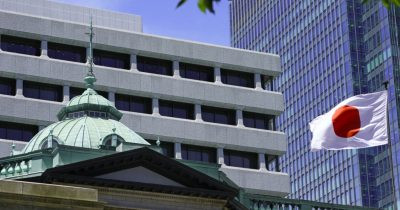
The Bank of Japan (BOJ) kept interest rates unchanged at 0.25% during its Thursday meeting (local time), marking the third consecutive hold following similar decisions in September and October.
The choice to maintain interest rates at their current levels was somewhat foreseen. A recent report from CNBC showed a narrow majority of economists predicted the BoJ would keep its rates unchanged at the conclusion of its December 19 meeting, although many foresee a possible rate increase in January based on economic indicators.
The BOJ’s decision comes as the US Fed reduced its benchmark interest rates by 25 basis points on Wednesday, marking its third rate cut since the onset of the COVID-19 pandemic over four years ago. Despite cutting rates, the Fed struck a more hawkish tone than anticipated. Fed Chair Jerome Powell stressed that future rate cuts would be more deliberate in light of persistent inflation and economic uncertainties.
The BOJ’s stance reflects its careful approach as it monitors domestic wage growth, spending patterns, and potential policy shifts under the incoming Trump administration.
Regular wages in Japan have been increasing at an annual rate of 2.5% to 3%, driving inflation above the BoJ’s 2% target for more than two years. However, recent declines in household spending have contributed to the bank’s cautious approach to rate hikes.
The BoJ last raised rates in July and has indicated willingness to tighten further if wage growth meets expectations. The central bank is also weighing external factors, particularly the impact of US economic policies under Trump, which could affect Japan’s economic outlook.
Market expectations for a December rate hike have diminished following recent media reports. Analysts indicate the BoJ may wait for results from upcoming wage negotiations in early 2025 before adjusting monetary policy.
